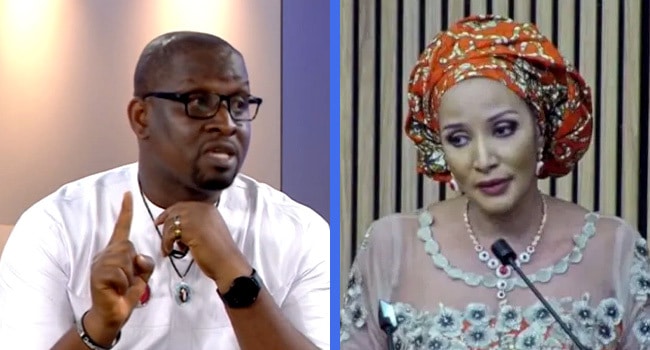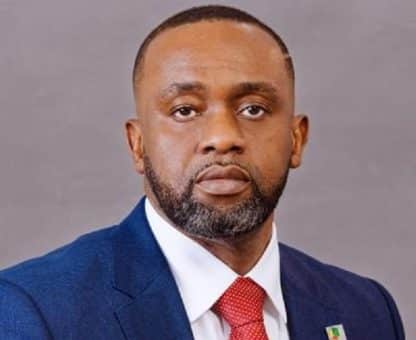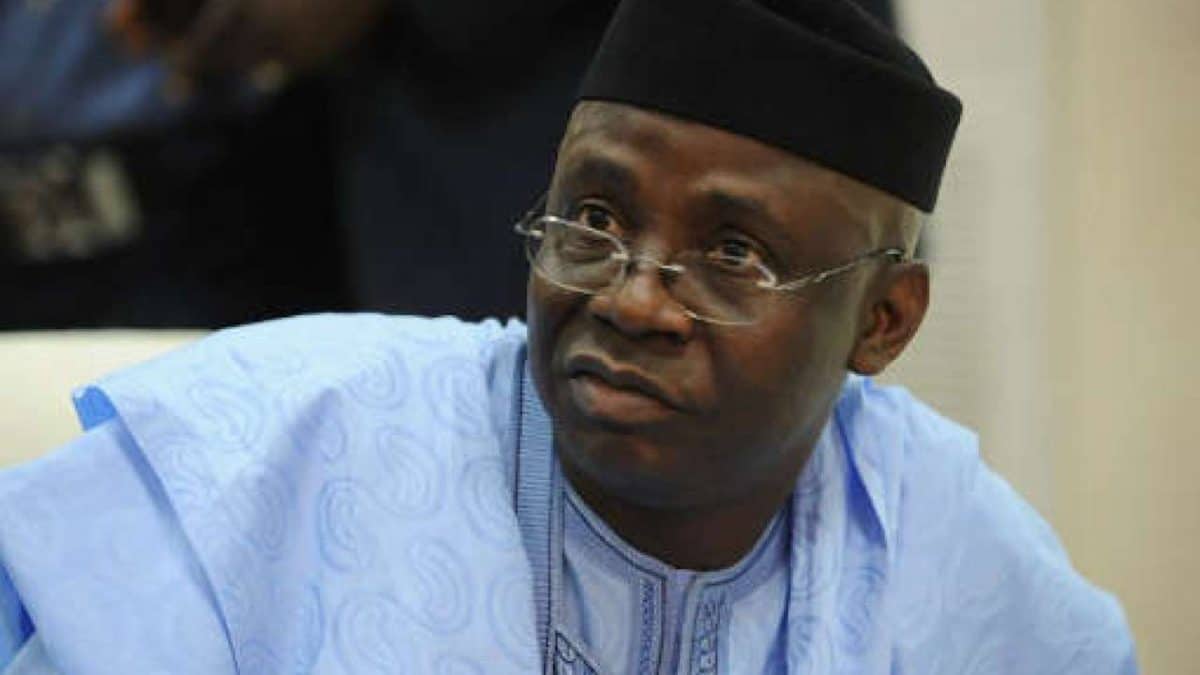More setbacks for the Kano State chapter of the New Nigeria People’s Party (NNPP) as two federal lawmakers declared their departure from the Kwankwasiyya Movement.
Naija News reports that the political movement is led by former Kano State Governor and NNPP leader, Senator Rabiu Musa Kwankwaso.
The two politicians from Kano State in the House of Representatives, Aliyu Sani Madakin Gini (Kano Municipal) and Alhassan Rurum (Rano/Kibiya/Bunkure) declared during the weekend that they will no longer be associated with the movement, indicating a rising dissatisfaction within the NNPP in Kano.
Rurum, who previously served as the speaker of the Kano State House of Assembly, communicated his withdrawal from Kwankwasiyya during a brief phone call with Daily Trust.
Although he did not elaborate on the reasons for his departure before the call was reportedly interrupted by a network issue, his exit is primarily perceived as a response to recent conflicts with the NNPP-led Kano State government, particularly in light of the controversial dissolution of the five emirate councils.
This decision directly impacts Rurum, as he holds the traditional title of Turakin Rano in the now-dissolved Rano Emirate. Attempts to contact him for further comments were unsuccessful.
Meanwhile, Madakin Gini, who serves as the Deputy Minority Leader of the House of Representatives, publicly distanced himself from the movement while addressing his constituents in Kano on Sunday, Naija News understands.
He stated: “From today, I, Aliyu Sani Madaki, no longer associate with the Kwankwasiyya Movement,” he stated emphatically.
“They have dismissed us, saying we lack support, but we are not afraid to stand alone. Let it be known—there is no one I cannot confront in the Kwankwasiyya Movement from top to bottom if needed.”
He criticized the movement, which is popularly recognized by its red-cap symbol, for its approach to loyalty and leadership.
“This movement, if it is akin to a religion, we have paid our dues,” Madaki Gini said, adding, “But they say we are not useful, that we don’t have support. They should understand—there is no one within Kwankwasiyya that I cannot face head-on.”
Addressing his supporters, Madakin Gini urged them to dump the signature red cap, calling it a symbol of submission he no longer endorses. “From now on, anyone who considers me their leader in politics should remove the red cap. Women should remove the red veil. We are done!”
Addressing Kano State Governor Abba Kabir Yusuf, Madakin Gini expressed concern that the governor was under pressure within the movement.
He said, “My message to the governor is clear. They are trying to weaken him. I am urging him to stand firm; otherwise, he may be blindsided by those around him. I have insights into plans against him.”
A group has recently initiated a campaign urging the governor to liberate himself from the influence of the leader of the Kwankwasiyya Movement, whom they accuse of being excessively involved in the daily operations of the government.
Madaki’ Gini further characterized the red cap as “a symbol of control,” contending that it embodies the Kwankwasiyya leader’s conviction that all accomplishments of his followers are exclusively attributable to him.
“No one should feel obligated to wear it,” he concluded, asserting his independence from the movement’s “deceptive” practices.


 3 weeks ago
2
3 weeks ago
2









![[Just In] PH Refinery: Nigerians Deserve Clarity, Reduction In Petrol Prices – Peter Obi To NNPC](https://www.naijanews.com/wp-content/uploads/2024/10/jigawa4-768x576-1.jpeg)





 English (US) ·
English (US) ·